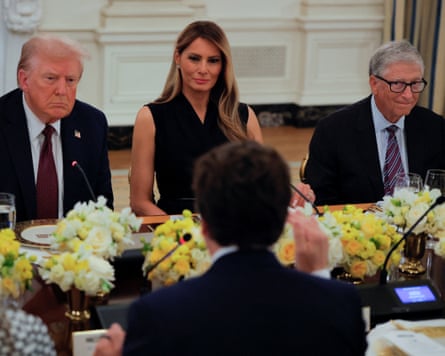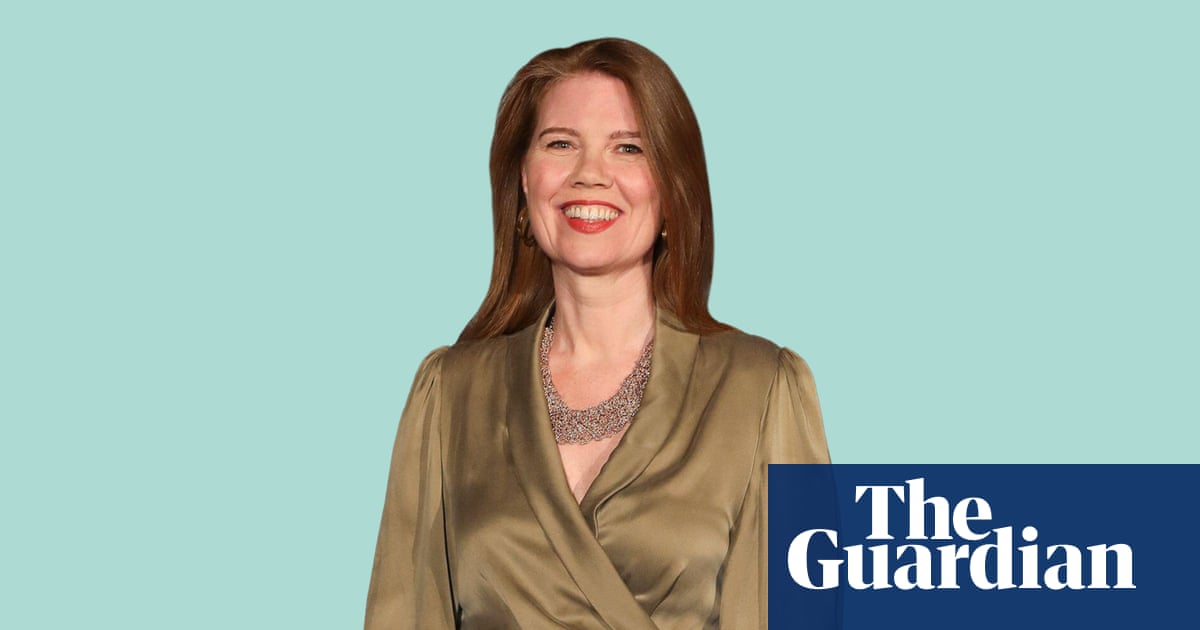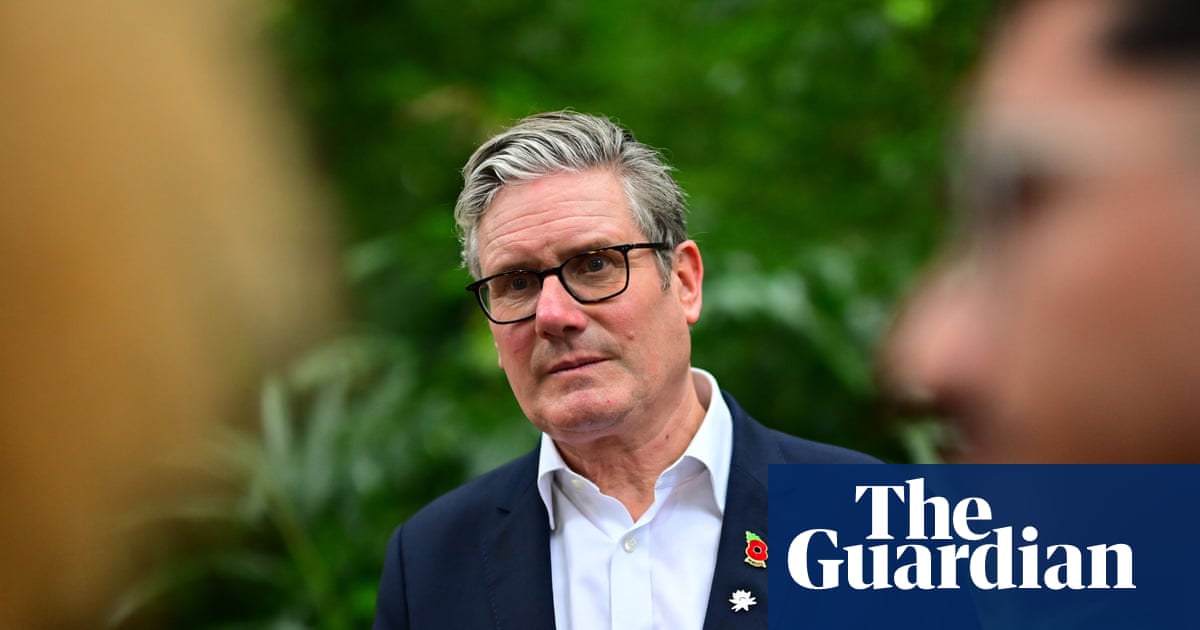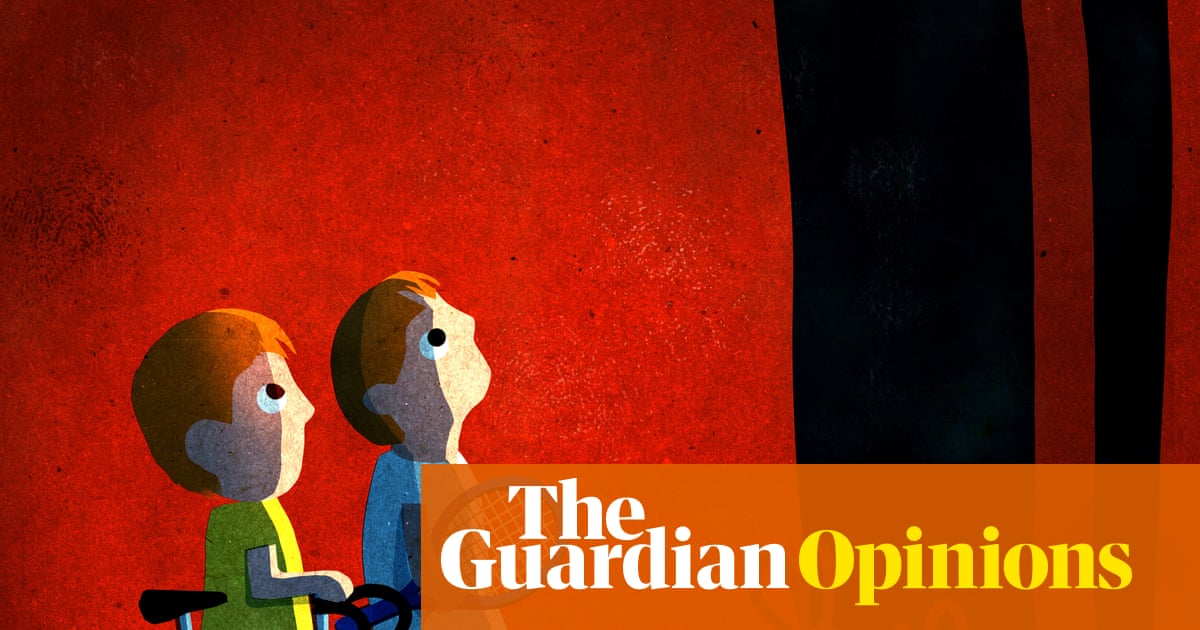Let’s begin with the fundamental problem: Bill Gates is a politics denier. Though he came to it late, he now accepts the realities of climate science. But he lives in flat, embarrassing denial about political realities. His latest essay on climate, published last week, treats the issue as if it existed in a political vacuum. He writes as if there were no such thing as political power, and no such thing as billionaires.
His main contention is that funds are very limited, so the delegates at this month’s climate summit in Brazil should direct money away from “near-term emissions goals” towards climate “adaptation” and spending on poverty and disease.
Yes, the funds available for any good cause are scarce, but that’s not because of some natural law, some implacable truth about human society. It’s because oligarchic power has waged war on benign state spending, leading to the destruction of USAID and drastic cuts to the aid budgets of other countries, including the UK. Austerity is a political choice. The decision to impose it is driven by governments bowing to the wishes of the ultra-rich.
There are truckloads of money available. Just after Gates published his new missive, Oxfam revealed that the net worth of the 10 richest US billionaires grew by $698bn in the past year. That money alone, the increment in the wealth of 10 people, is almost 10 times the annual amount required to end extreme poverty worldwide. How have they managed to channel so much of the world’s money into their pockets? And why can’t we get it back through effective taxation? The answer is their translation of economic power into political power. The richer they become, the more they can bend the state and economic system to their will, ensuring that they become richer still. But Bill Gates says nothing in his essay about how and where extra money for both climate action and poverty relief could be found.

There’s a direct link between the poverty Gates claims to care so much about and the wealth he fails to mention. In the US, homelessness is breaking records, and so is the share of assets owned by the top 0.1%. While this might not be Gates’s own business model, by holding down wages, racking up rents, busting trade unions and winning tax and spending cuts, the ultra-rich thrive on impoverishing other people.
A remarkable study in Perspectives on Politics, among the very few to have penetrated this secretive world, found that the ultra-rich have radically different political views from the great majority. The multimillionaires it interviewed, in stark contrast to mere earthlings, saw budget deficits as the most important of the issues it listed, and climate breakdown as the least. They were far more likely to insist that social security and federal healthcare should be cut, and far less likely to believe that the unemployed should have a “decent standard of living”, or that there should be more regulation of oil companies, banks and health insurers. They were fiercely opposed to redistribution.
So whose views prevail? The tiny minority or the great majority? Though the study was conducted in the Obama years, it found that the very rich had far more access to politicians and officials than average citizens. And now? I scarcely think I need to spell it out.
That’s another telling absence in Bill Gates’s essay: at no point in its 5,000 words does it mention Donald Trump. Were Gates to do so, he’d have to acknowledge that the second of his major assumptions is shaky: reductions in the cost of new green technologies lead inexorably to environmental progress. Of course it helps that wind, solar and other green technologies are becoming radically cheaper than fossil fuels. But Trump and similar demagogues are doing everything they can to impede the transition.
Partly as a result, fossil fuels remain highly lucrative. This could be why, despite Gates’s claim that his foundation had divested all its “direct holdings in oil and gas companies” in 2019, its fossil fuel stock and bond holdings have, in fact, increased.
To Gates, overthrowing the power of the ultra-wealthy may be unthinkable. I don’t mean only that it clashes with his worldview. I mean that, judging by his remarkable silences on the issue, he might be literally incapable of thinking about it. Perhaps this is a symptom of “billionaire brain”: a profound incapacity to see the world from other people’s point of view. While the ultra-rich are notoriously hard to study, extrapolating from research into how gaining wealth and status affects cognition could suggest that acquiring huge amounts of money is like taking a blow to the head. Wealth seems to scramble certain cognitive functions, particularly those related to empathy and perspective.
But perhaps there’s also calculation here: his essay reads like nothing so much as a peace offering to Donald Trump. Trump certainly took it that way: “I (WE!) just won the War on the Climate Change Hoax. Bill Gates has finally admitted that he was completely WRONG on the issue. It took courage to do so, and for that we are all grateful. MAGA!!!”
Gates has always been completely WRONG on the issue, though not for the reasons Trump imagines. He has consistently lagged behind the curve, reciting fossil fuel claims (green technologies could reduce global CO2 emissions only at a “beyond astronomical” cost) long after they’ve been discredited. He has spread confusion and misinformation, such as the groundless assertion in his new essay that the purpose of Sri Lanka’s disastrous ban on synthetic fertilisers was “to cut emissions”.
Gates calls his essay Three Tough Truths About Climate. So here’s another tough truth he studiously ignores. If, as now seems likely, crucial Earth systems cross tipping points and suddenly collapse, the effects on human life, let alone the survival of other life forms (a topic he fails, as usual, to mention), would destroy the smooth and steady progress he foresees. Because environmental change is likely to proceed not in gradual and linear ways, but through sudden changes of state, the possible impacts on human wellbeing are extremely hard to predict. His argument that we should align all funding to current “data-based analysis” of improvements in human welfare, while it might sound rational, introduces in the face of systemic change a profound irrationality, prompting us to ignore the greatest threats.
I wish we could ignore Bill Gates. Unfortunately his economic and political power makes that impossible. But unlike him, we can recognise that this power exists and, when it speaks, it does so on its own behalf.
-
George Monbiot is a Guardian columnist

 2 hours ago
5
2 hours ago
5

















































